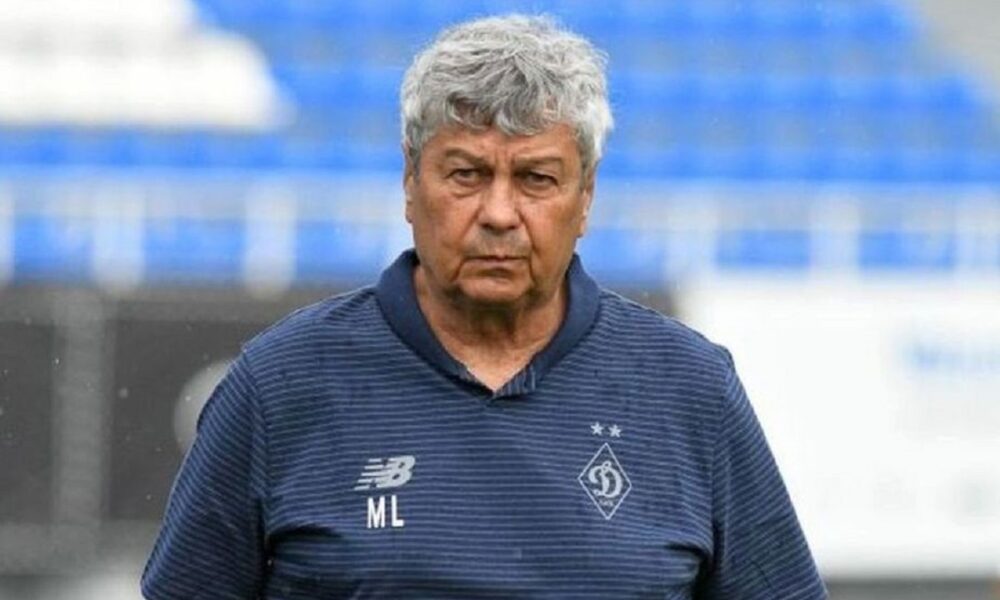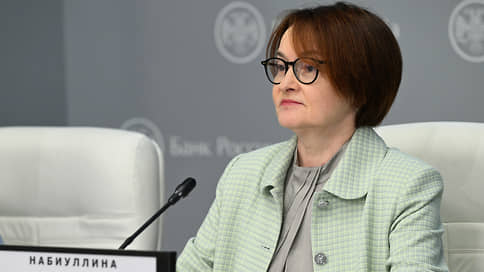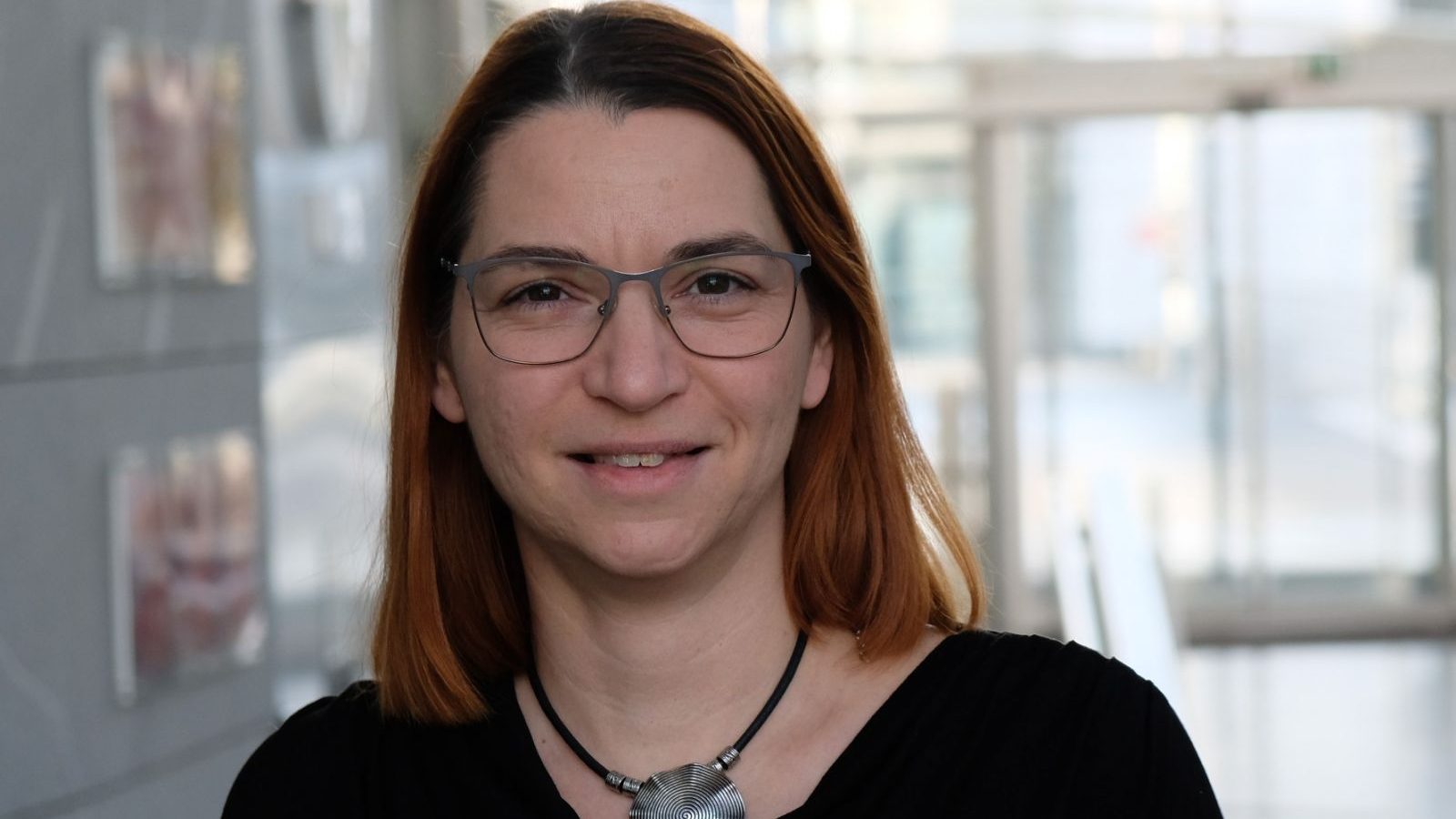The Adoption Commission: Swedish Money ran on children

On Monday, the Adoption Commission was announcedwhich has investigated irregularities in the Swedish international adoption operations. Investigator Anna Singer writes about parents who have had their children falsely declared deaths after birth, children who have disappeared from day care centers and hospitals and mothers who have been persuaded to abandon their children.
What is the explanation? A response is money. DN’s review « Children at all costs » could show financial interests in some cases. The Adoption Commission broadens that image considerably.
According to the investigation, children’s trade in connection with Swedish adoptions has occurred during each decade from the 1970s to the 2000s.
And the money, they often came from here. Donations and contributions from adoptive parents and adoption associations have, in combination with great demand for adoptive children, created « financial incentives » and risks for « trade in children », says Anna Singer.
– It is clear that donations were important. We can see that the availability of children increased in the orphanages that were authorized to convey children for international adoption. There was a connection, she says.
In China have hundreds of orphanages received large sums from Sweden. In addition to the adoption fee, the adoptive parents had to pay a donation of $ 3,000 to the orphanage, in 2009 the fee was increased to $ 5,000.
The money was handed over in cash in an envelope or deposited into an account in Beijing. Neither Swedish authorities, adoption associations nor adoptive parents gained insight into what the money was used for.
The orphanages were thus paid per adopted child. « There was thus an economic driving force to get as many international adoptions as possible, » writes Anna Singer. As the availability of children decreased, according to the investigation, a market for trade in children was created.
The investigation believes that chains of « middlemen » in the countries of origin have received money in exchange for providing adoptive children. In Sri Lanka, the alarms about child stores were recurring during the 1970s to the 1990s. The Swedish Embassy in the capital Colombo described that the problems « were built into a system where the involved made a lot of money ».
It happened, according to the investigation, Systematic especially regarding private adoptions, but also in adoptions through the adoption associations « , money has been a driving force ». The association Children’s Friends had a contact person who, according to the investigation, made adoption intermediation to « business operations ». The man had « a clear commercial touch » on the business, which in turn was entirely financed by adoption fees and gifts.
In Sri Lanka, according to the investigation, there were also so -called « baby farms » where still unborn children were sold in advance to Swedish adoptive parents.

– It is difficult to answer how distinctly child trade was. There have not been the tools needed to highlight that it was not acceptable. The private adoptions were still unregulated in the 1970s, says Anna Singer.
In the 1970s and 1980s occurred Children’s trade in Colombia, according to the investigation. Private adoptions to Sweden « occurred on a large scale » and poor mothers were persuaded to sell their children. Pure kidnappings were also found in villages around the capital Bogotá. Mothers must also have had children falsely declared dead after birth.
« The children were registered with the authorities by a woman under a false name and with fake papers ». This is how the investigation writes about a notable case in the 1980s, when a lawyer had sold children to Sweden, among others. The woman could then « act as a mother » before the Colombian authorities, for the adoption to be approved.
For an adoptive family, a child could cost between $ 7,500-15,000.
Already in 2003, a Swedish state adoption investigation criticized the Colombian adoption fees, which included amounts in addition to the actual costs that the children’s care was included. The risk was, according to the investigation, that the orphanages would become dependent on the fees and that « the children became a commodity ».

Adoption Center’s then chairman, Ulf Kristerssonargued against the proposals. Partly in a referral response and partly in DN Debate: « The consequence of the investigation’s proposal is that a few children be put in golden beds while others may lie on the floor, » he wrote.
– I might not express myself exactly today. But given the situation that was then, I think our arguments were very valid, Kristersson told DN in 2021.
The result was that the donations to, among other things, Chinese orphanages and high adoption fees in countries that Colombia continued to be allowed.
– The need to pay adoption fees was widely accepted. It was well organized and difficult for the Swedish adoption associations to negotiate it. But maybe it should have given rise to thoughts and more critical questions, says Anna Singer.
DN has since Monday sought Prime Minister Ulf Kristersson for an interview.
DN has also sought the association Children’s Friends – which since 2022 no longer conveys adoptions – without results.







